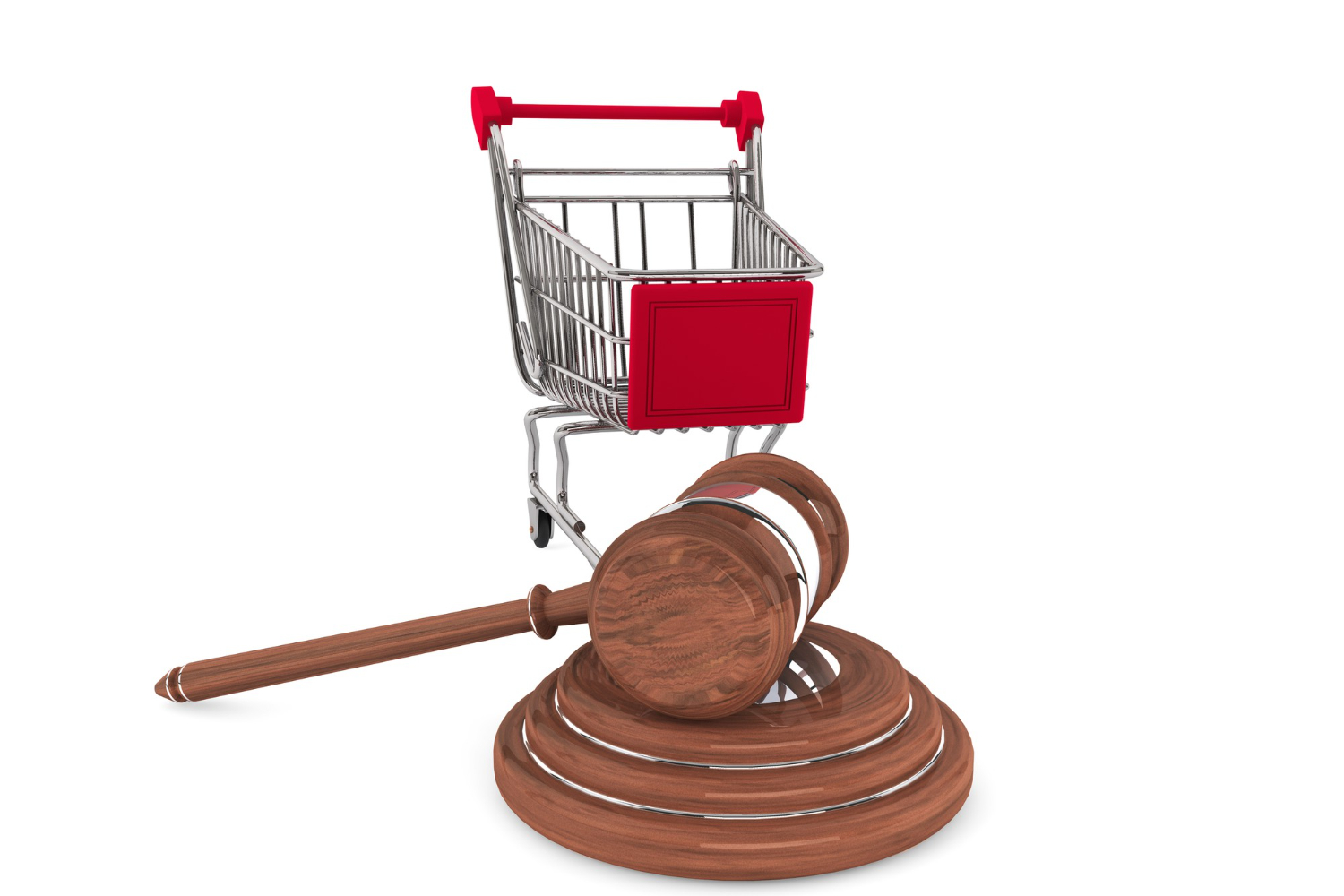eCommerce Legislation: Everything You Need To Know
News
Setting up an online business increasingly involves paying attention to certain legal obligations that were previously unnoticed or ignored by most digital marketers.
The truth is that digital commerce has always lived somewhat on the fringes of the traditional one, in a gray area of obligations and duties that were unclear and easily overlooked.
But the law has been consecutively reinforced in order to regulate and standardize the online sales processes, to guarantee greater reliability in the processes and ensure the trust of both parties.
Here are some points to keep in mind when taking your physical business to the digital.
1- Company’s legal information
On the website, you should have all the legal information about your company:
- Corporate name and address of the headquarters;
- Email address;
- Commercial registration;
- Company Tax Identification Number
- In case your business is subject to prior approval, you should mention the Authority that authorized the start of activity.
2- Shipping and payment methods
The website should clearly state the payment methods available, shipping countries (and possible geographical restrictions) and associated costs. The most common mistake is to allow shipping to all countries, which in practice is not always possible or feasible for all businesses.
3- Returns and refunds
The customer has the right to return the product (or cancel the contract, if applicable) within 14 days, without any additional cost. There are some exceptions for customized products, sealed products or products that reach their expiration date very quickly.
The refund must be made by the same means of payment used for the payment, within the period stipulated by law (maximum 14 days) and must include the costs of delivery.
4- Prices, Sales, promotions and liquidations
The price displayed in the shopping cart and in the checkout process should be clear and unequivocal. All costs associated with the purchase (value of the products, taxes and shipping) should be clearly presented to the customer before completing the purchase.
Any communication of price reduction, should be very clear to the user, namely the modality (if they are sales, promotion or liquidation), which products are covered, what are the percentages, and of course, the start and end date of the price reduction.
Sales are considered to be sales to clear stock at the end of the season, at a lower price than previously shown. They can take place at any time of the year, as long as they do not exceed 4 months in total.
Promotions, on the other hand, are all price reductions or advantageous conditions, which have the objective of reinforcing sales or disposing of products. They cannot take place in the same period of the sales.
Liquidations are actions carried out with the objective of liquidating the stock of products at reduced prices, for reasons of closure or discontinuity of certain products.
5- Billing Programs
Probably the most challenging issue, is the integration of a good certified invoicing system with the ecommerce platform, to issue invoices, right after payment confirmation from the customer, as happens in any physical store.
6- Terms and Conditions Page
This page works as a contract between both parts, registering the legal rights and legal responsibilities of the seller and buyer.
7- Privacy Policy Page
Under the RGPD, all data collected from the customer, shall be properly protected private information of users.
On this page, the terms of treatment of these data, should be well explicit, explaining what types of data you collect, how you collect it, for what purpose, if you share it and for what purposes, how you store and protect it, in order to preserve the privacy of users.
Some important notes to consider:
- Collect only the data that is actually necessary for the process of purchase or provision of the service;
- Ensure data security, avoiding access by third parties;
- Communicate with customers only with prior consent;
- Allow and ensure that a customer can change that consent and/or remove their their account at any time;
- In the event of improper access by a third party, you must alert the customer and the responsible authority within 72h at the latest.
8- Cookies Policy Page
On this page, we will detail which cookies our e-commerce system activates, what information and data they collect and for what purpose. This activation should be subject to user approval, in a very explicit manner when entering the online store.
9 – Information on consumer dispute resolution
In the event of a dispute, a list of Arbitration Courts that may mediate and arbitrate these situations, specifying their Alternative Dispute Resolution Center.
10- Complaints Book
The supervision of the use of this tool is the responsibility of the Autoridade de Segurança Alimentar e Económica (ASAE), and failure to comply with this rule can lead to a fine ranging from €250 to €3,500 for individuals and €1,500 to €15,000 for legal entities (more information here).
Note: all points mentioned in this article, with the exception of the Privacy Policy and Cookies Policy, refer to business legislation in Portuguese territory. You must inform yourself about the legislation applicable in the country where you want to develop your eCommerce.
These are the existing legal information about e-business platforms in Portugal:
- DL No 24/2014: Contracts concluded at a distance and away from business premises;
- DL No. 166/2013: Individual restrictive trade practices;
- DL N o 70/2007: Sales, Promotions and Liquidations;
- DL N o 198/2012: Issuance of Invoices;
- Regulation (EU) 2016/679: General Data Protection Regulation (GDPR);
- Law 144/2015: Alternative Resolution of Consumer Disputes;
- Instruction No. 27/2012: Statistics on Foreign Transactions and Positions (Banco de Portugal).
See our eCommerce services and some of the projects developed by us.



